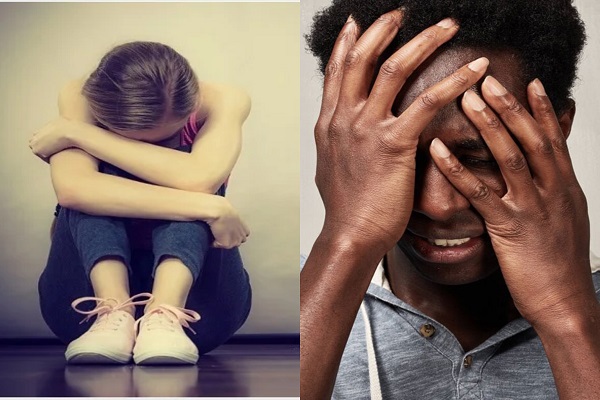Identifying someone who may be struggling with mental health issues can be important for providing support and potentially preventing further difficulties.
Here are some signs that may indicate someone is experiencing mental health challenges:
- Changes in behaviour:
Withdrawal: They may become socially isolated or avoid activities they used to enjoy.
Irritability: Noticeable changes in mood, such as increased irritability or mood swings.
Agitation: Restlessness, pacing, or other signs of agitation.
- Emotional signs:
Intense Emotions: Extreme sadness, anxiety, anger, or mood swings.
Hopelessness: Expressing feelings of hopelessness, helplessness, or having no purpose.
- Physical signs:
Changes in Sleep Patterns: Insomnia or sleeping too much.
Changes in Appetite: Significant weight loss or gain.
Lack of Energy: Constant fatigue or lack of motivation.
- Neglecting personal care:
Poor Hygiene: Neglecting personal grooming and hygiene habits.
Read Also: 15 strategies to handle mental health
- Substance use:
Using drugs or alcohol as a way to cope with their feelings.
- Expressing negative thoughts:
Talking about feeling trapped, being a burden to others, or wanting to escape.
- Physical symptoms without clear medical cause:
Complaining of physical symptoms (headaches, stomachaches) that do not have a clear medical explanation.
- Difficulty concentrating:
Struggling to focus on tasks or remember things.
- Sudden or drastic changes:
Sudden, significant changes in personality, behavior, or appearance.
- Self-harm or suicidal thoughts:
Any indication that they may be harming themselves or having thoughts of suicide should be taken very seriously. Seek immediate help from a mental health professional or a trusted person in their life.
Remember, it’s important to approach the situation with empathy, respect, and non-judgment. If you’re concerned about someone, encourage them to talk to a mental health professional. If you believe they’re in immediate danger, do not leave them alone. Seek help from a crisis hotline, a healthcare provider, or call emergency services in your country.
Please keep in mind that I’m not a mental health professional, and if you’re concerned about someone’s mental health, it’s important to seek advice from a qualified expert.






